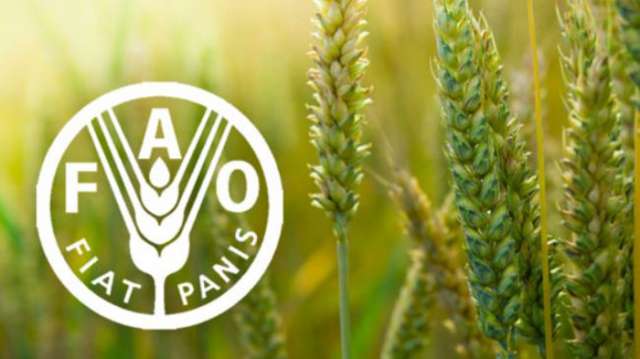"Whether living in camps or finding themselves on the move, people are in a particularly vulnerable situation. The world needs to give a comprehensive response that offers hope and concrete solutions to refugees, and this response must consider their present and future food security, and the rehabilitation of their rural livelihoods."
"Supporting agriculture-based livelihoods can contribute to both helping people stay on their land when they feel safe to do so and creating the conditions for the return of refugees, migrants and displaced people," the FAO chief said.
"Most of the displaced hope to return to their lands as soon as the conflict is over, but the impacts of conflict on food security often last long after the violence has subsided," he said.
According to the FAO, agriculture continues to be the backbone of livelihoods for the majority of people in conflict and post-conflict situations.
In this context, the FAO focuses its work on providing relief to protect agriculture-based livelihoods during the conflict while creating the conditions for rehabilitation and long-term resilience of agriculture as a crucial strategy for peacebuilding, poverty alleviation and overall development in countries facing protracted crisis situation.
The FAO, the Rome-based UN food agency, points out that the conflict in Syria is having a devastating impact on agriculture, with food markets and supply chains dysfunctional, much of the irrigation and other infrastructure destroyed and farmers and livestock keepers left with no other option than to abandon their fields and animals. Meanwhile the influx of Syrian refugees is also impacting agriculture in neighboring host countries.
Working with partners, the UN food agency is strengthening food security and building the resilience of households and communities in Syria and in neighboring countries. Such efforts aim to save livelihoods while helping communities lay the foundations for their own long-term recovery, the FAO said.
More about:
















































